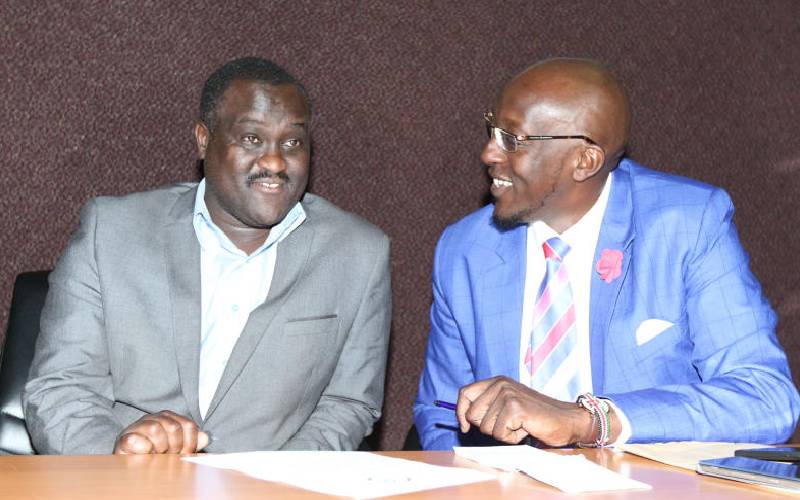×
The Standard e-Paper
Home To Bold Columnists

Last week, the Music Copyright Society of Kenya (MCSK) was on the spot over its distribution of royalties to local performing artistes.
The Content Management Organisation (CMO) that collects royalties on behalf of music producers and performing artistes sent 13,967 artists Sh2,500 each as royalties, sparking intense backlash.







